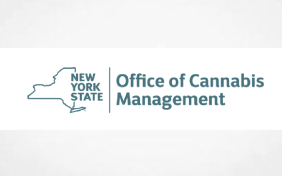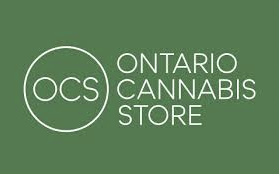July 2, 2021
OLCC unwinds pandemic operating guidelines, provides re-opening guidance to Alcohol and Marijuana licensees
Portland, OR — The Oregon Liquor Control Commission is providing Oregon alcohol and recreational marijuana licensees with refreshed guidance in the wake of “Oregon Reopening” for business. At the onset of the COVID-19 pandemic the OLCC put in place a succession of temporary and permanent rules to help the cannabis and hospitality industries survive.
Most bars and restaurants had been operating under significant capacity limits, as well as other social distancing and face covering guidelines until Governor Brown rescinded the COVID-19 risk level framework and declared Oregon open for business on June 30, 2021.
The lifting of the risk level framework means that licensees may return to their pre-COVID occupancy levels, hours of operation, and discontinue social distancing practices. Licensees are no longer required to abide by face mask requirements with the exception of licensees in specialized settings like healthcare, public transportation, and airports.
During the COVID-19 pandemic, OLCC staff worked with the hospitality industry to develop options for alcohol licensees to safely remain in business including: curbside delivery, cocktails-to-go, streamlined residential delivery, and flexible options for expanding the footprint of a licensed premises.
In an effort to further assist licensees in their return to normal operations, agency staff developed an updated list of what’s allowed to provide flexibility to licensees operating under various restrictions during the COVID-19 pandemic and the expiration dates for those policies. Many of the policies either do not expire or will be extended for a period of time to aid in the transition back to business as usual. The reopening guidance can be found here and covers the following topics:
Acceptable/Expired IDs, Alcohol delivery, Cocktails to-go, Food service requirements, Hand sanitizer production, Liquor liability insurance suspension, License renewal fees, Premises expansion, and Return of stock.
The OLCC also worked with recreational marijuana licensees during the pandemic to provide them greater flexibility operating their businesses including: allowing curbside delivery, waiving packaging and labeling fees, and allowing employees who had applied for a Marijuana Worker Permit to work for a licensee prior to the OLCC issuing the permit.
The OLCC has updated a list of resources to help licensees transition from the pandemic restricted operating environment. The re-opening guidance can be found here and covers the following topics:
Curbside delivery, Pre-licensing inspections, Acceptable/Expired IDs, Payment of licensing fees and violations, Packaging and labeling fees, and Marijuana worker permits.
With the 2021 legislative session complete, the OLCC plans to work with businesses to respond to the impacts of the pandemic and help rebuild Oregon’s hospitality industry. Business Oregon and the Oregon Economic Development Association have developed a comprehensive web pages with resources to provide relief to impacted businesses.
Businesses may choose to still follow some public health protections, including face coverings, to protect their employees and other customers. The Oregon Health Authority has issued specific Public Health Recommendations that outline where some mask requirements are appropriate in order to protect vulnerable populations.

















